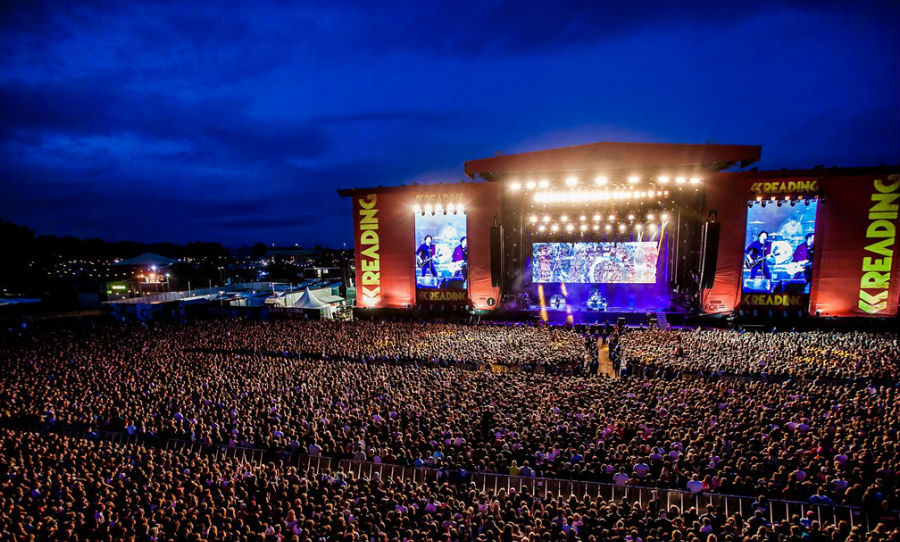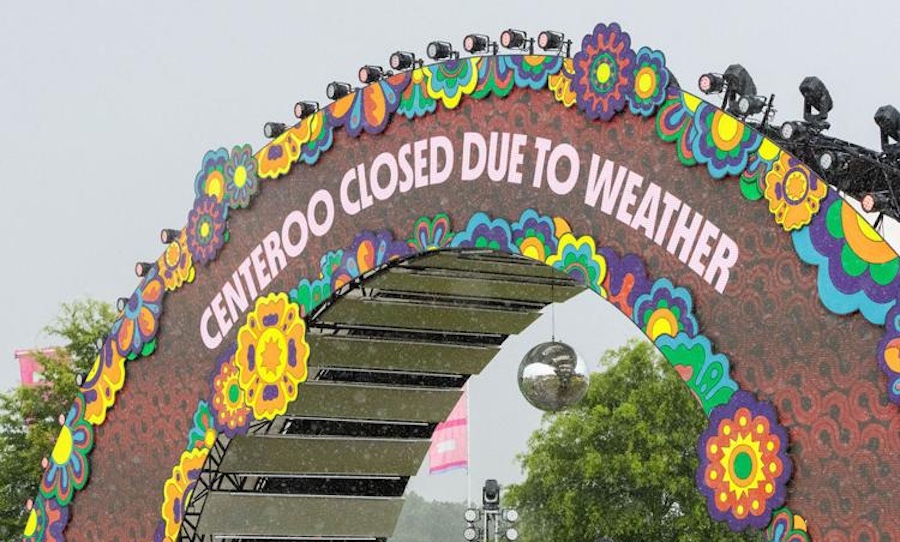Giving new meaning to giving a shit for the environment, UK’s Reading Festival has been exploring new frontiers, turning festival dwellers’ excrements into electricity for the city to use.
The festival, which took place over the weekend, converted hundreds of thousands of litres of portaloo waste to electricity.

Reading Festival showed how much of a shit they give for the environment over the weekend, as they used portaloo waste to create renewable energy.
The festival revealed that the human excrement from the festival bathrooms would be used to create energy, as the gases created by the waste can be turned into renewable energy. With an estimated 750,000 litres of grog bogs and more excreted into the festival portaloos, you’d think you could probably get a fair bit of energy out of such a huge mass of the waste.
It’s surprising to learn, however, that this can only produce enough electricity to power two homes, each for a day. This may not be much but it’s still a huge step for the environment, finding new ways to utilise waste for renewable energy.
In a quote from Energy Live News, an operations team member from the commercial sector spoke on the process of extracting the gases from the portaloo waste, and how unwanted items can get in the way of this process.
“Festival loos are infamous for their pong but it’s amazing to see what else people flush down there each year. We’ve previously had to drag out tents, sleeping bags and foil blankets, along with smaller items like mobile phones, beer cans and clothes so they don’t clog up our machines.”
“We’re therefore urging festival-goers to only put the three Ps down the loos – pee, poo and paper – and not to flush any other objects or rubbish down there.”
This isn’t actually the first time a festival has found inventive ways to reuse portaloo waste. Roskilde festival in Denmark, for example, launched their “from piss to pilsner” initiative in 2015, which looked at reusing festival-goers’ urine as fertiliser for barley crops, which would eventually be used to make beer.



